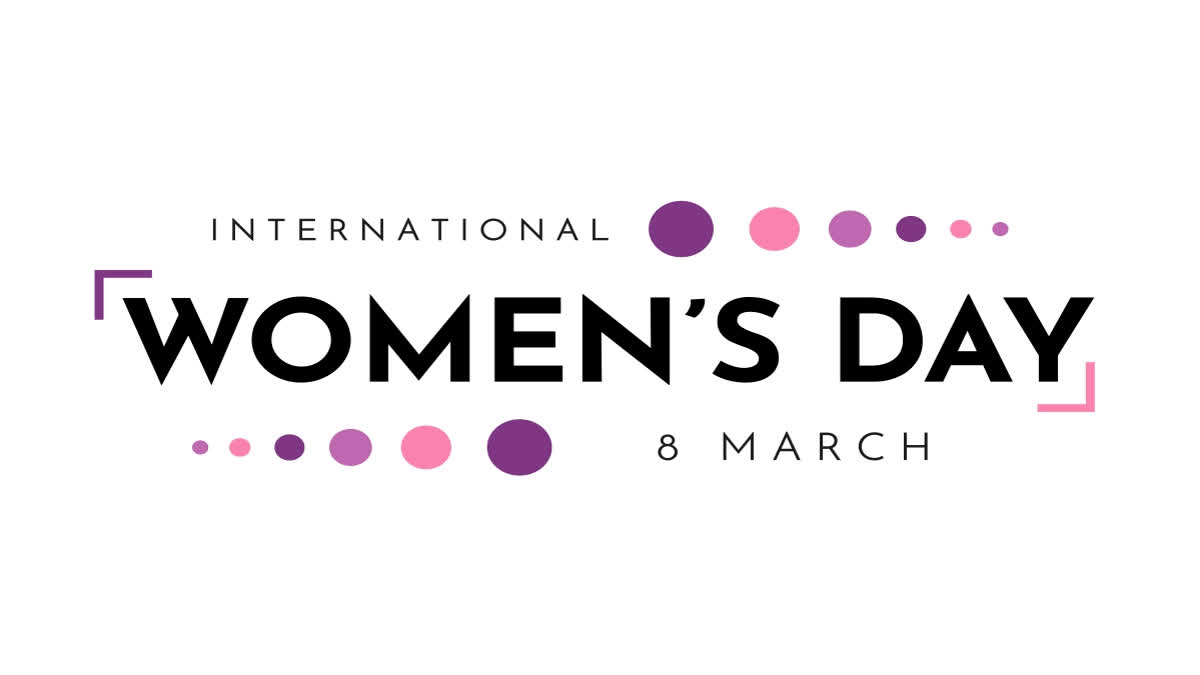Hyderabad: As the world gears up for International Women's Day on March 8, a global celebration of women's rights and gender equality that aimed to highlight the continued strugglers that women confront across the globe. This day serves as a reminder of the ongoing fight of women's rights and need to continue advocating for gender equality in all aspects of society.
International Women's Day (IWD) and menstrual hygiene are intrinsically linked. While IWD celebrates the achievements of women and calls for gender equality, menstrual hygiene remains an issue that disproportionately affects women and girls globally.
The Problem:
Stigma and taboos: Around the world, menstruation is often surrounded by stigma and taboos, leading to discrimination and exclusion of women and girls. This can manifest in various ways, such as girls being restricted from attending school or participating in social activities during their periods.
Lack of access to menstrual products: Many women and girls, particularly in low- and middle-income countries, lack access to safe and affordable menstrual products. This can force them to resort to unhygienic practices, putting their health at risk.
The Connection to IWD:
Promoting dignity and well-being: Ensuring good menstrual hygiene is essential for women's and girls' health, dignity, and well-being. It empowers them to manage their periods with confidence and live free from shame and discrimination.
There are various types of menstrual hygiene products available, each with its own advantages and disadvantages. Here's a breakdown of some common options:
Disposable Products:
Pads: These are absorbent cloths worn to absorb menstrual flow. They come in various sizes, thicknesses, and absorbencies to suit different needs. Pads are easy to use and making them a good choice for beginners.
Tampons: These are cylindrical absorbent devices to absorb menstrual flow. Tampons come in different absorbencies and with or without applicators for easier insertion. They offer greater freedom of movement and discretion compared to pads, making them popular for swimming, exercise, and other activities.
Menstrual cups: These are flexible cups made of medical-grade silicone to collect menstrual flow. Cups can be worn for up to 12 hours and can be reused for several years with proper care. They are a more eco-friendly and cost-effective option compared to disposable products.
By acknowledging the link between IWD and menstrual hygiene, we can work towards a future where all women and girls can manage their periods with dignity, confidence, and without limitations.



